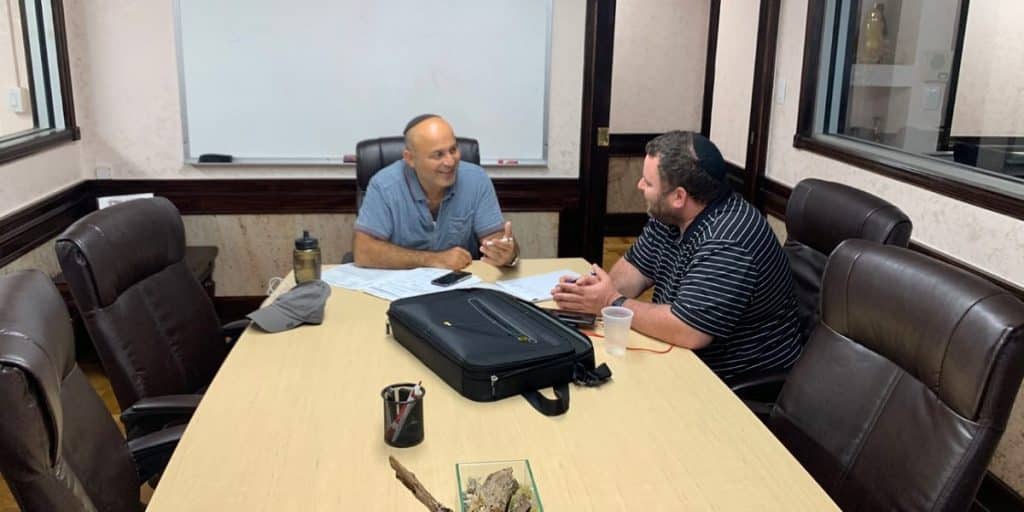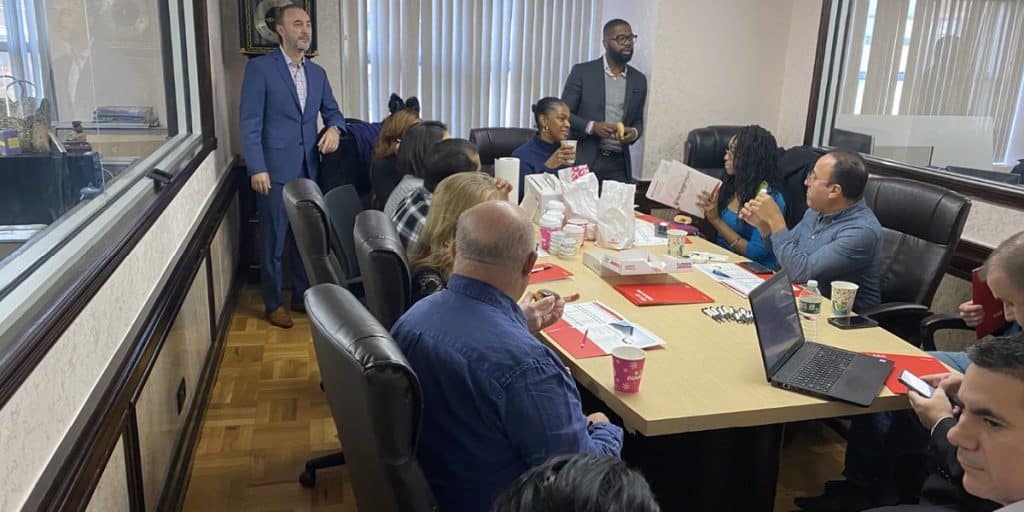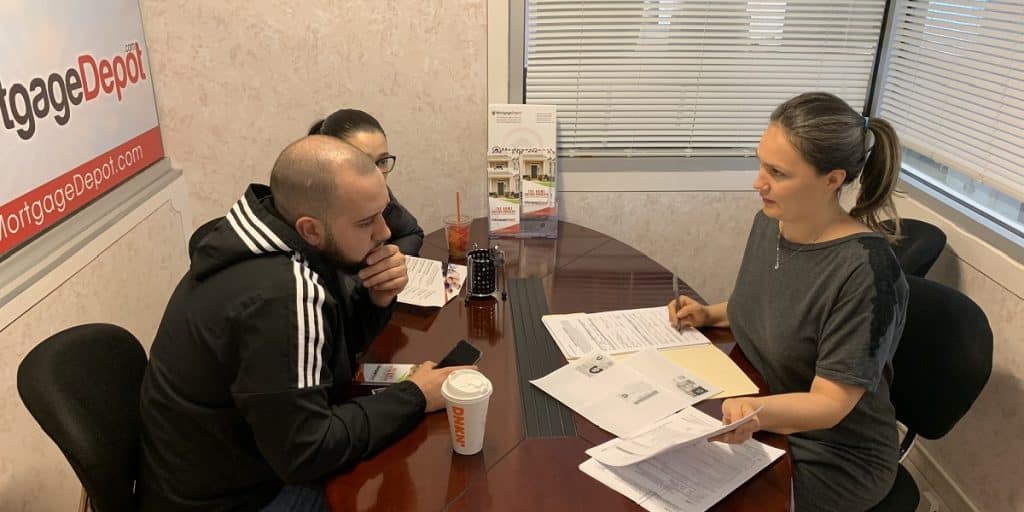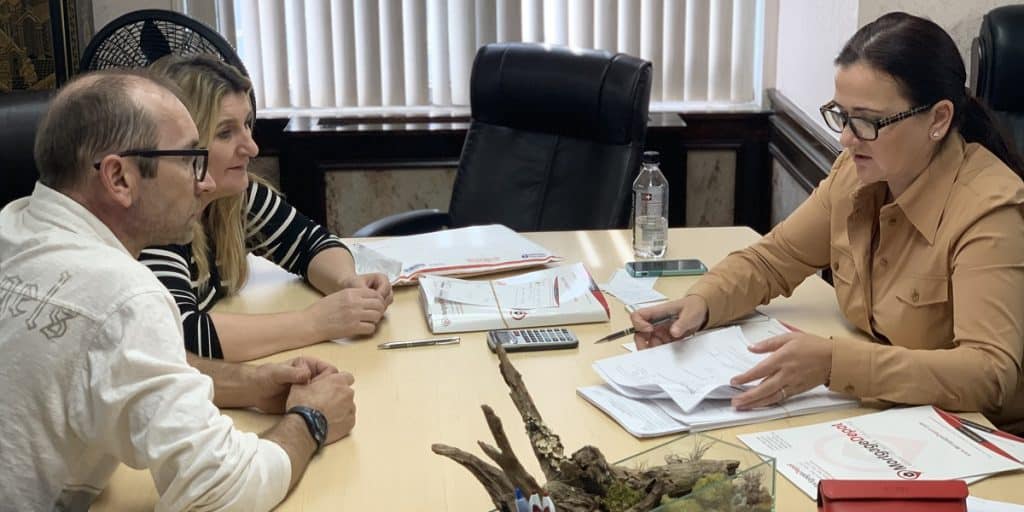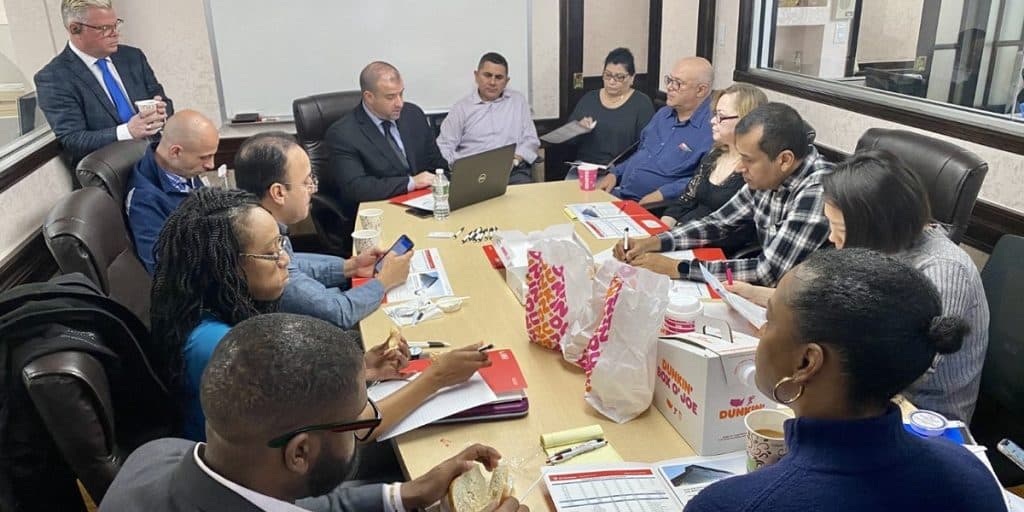
How Co-op Purchase Loans and Mortgage Loans Differ
In the New York City metropolitan area, certain multi-unit residential properties are owned by housing cooperatives (co-ops) rather than by real estate investors. A co-op is a corporation formed and shared by a building’s resident owners.
The corporation serves the purposes of legally and neatly dividing up the ownership interest of all the individual apartments. When you buy a co-op apartment, you are really buying shares in a corporation that owns, controls and manages the entire building you live in. Single-family home buyers commonly rely upon mortgage loan products to finance the purchase of their new homes. When they close, the property itself acts as collateral guaranteeing repayment of these mortgages.
We also offer a program with no income check for owner occupied
- Primary residence, second home or investment
- 97% financing available
- Non-Warrantable coops, OK
- Loan amounts available to $50 million
Co-op loans work a bit differently. When you buy a co-op, you don’t get a deed to a house. Instead, you receive shares in a corporation and proprietary rights (a license) to occupy a given co-op unit. It is these shares and the rights conveyed to you that serve as collateral for purchase-money financing (share loans) used to close on a cooperative apartment unit.
The differences between how mortgage loans work and how co-op loans work helps explain the differences between the market interest rates and availability of mortgage money and co-op loan money. If you’re a prospective first-time home buyer, you are presently weighing the merits of the single most important financial undertaking of your life. One of the advantages of living in the greater New York metropolitan area is the availability of co-op apartments as an option when seeking housing.
Indeed, co-ops represent great value and are a viable route for certain people looking to build home equity. Before you decide to buy, you should invest the time to get to know the co-op due-diligence process and what a well-managed and financially healthy cooperative looks like.
Click here for our Approved Coop Buildings list.
Have questions or need help?
Call us now at 800-220-LOAN
Request a call back or email us your questions!



